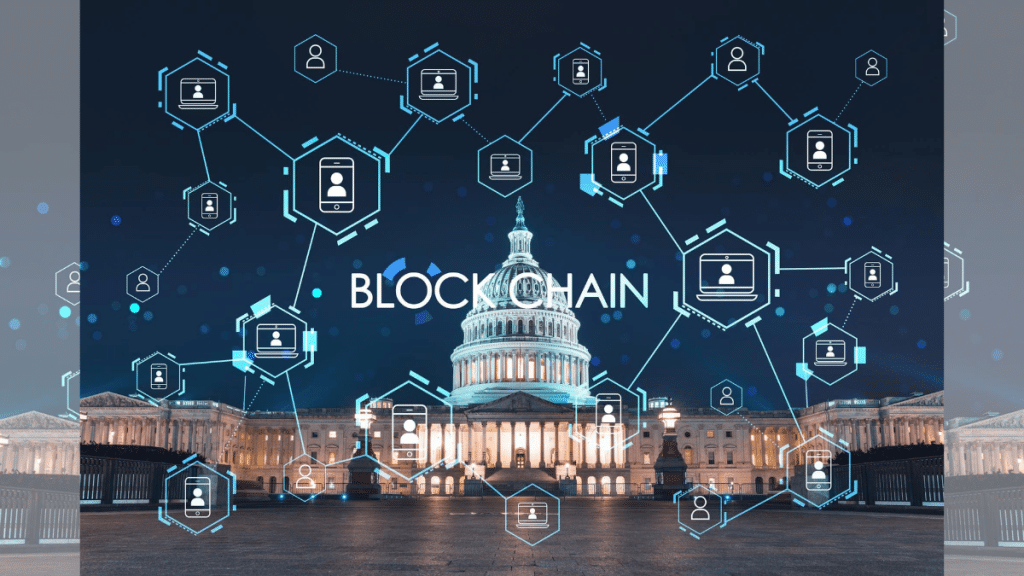In recent years, blockchain has grown beyond its connection to cryptocurrency. It is getting more attention from public sector workers. Governments worldwide are now looking into how this system can improve openness, safety, and overall performance in public administration. Unlike normal databases, blockchain provides a way to record transactions that is decentralized and secure. This makes it a good choice for uses that need trust and accountability.
One of the best ways to use blockchain in government is in identity management. Digital identities kept on blockchain can help stop fraud and make checking processes easier. Instead of using separate databases from different agencies, a person’s credentials could be safely stored on a shared ledger, with access given only to allowed organizations. This can lower a lot of paperwork and improve the experience for users.
Land registry systems are being tested in new ways. In many places, property records are still kept by hand or through old digital systems that can easily get corrupted or lost. A blockchain land registry can make sure records are safe, easy to check, and can be traced over many years. Early trials in countries like Georgia and Sweden showed that this method works well. It helps keep ownership records safe, speeds up property transfers, and reduces conflicts over property.
Blockchain makes government buying and contracts more efficient. People often point out how public procurement can be unclear and open to cheating. Smart contracts, which are agreements coded on the blockchain, help automate the bidding, payment, and delivery process in government projects. These contracts only work when specific conditions are met. This reduces the chances of mistakes or shady practices.
Voting systems often come up in talks about how blockchain could change governance. Even though using blockchain for voting still has some technical and logistical problems, test projects have shown that the system can help keep votes secure and easy to track while keeping voters’ identities private. This might help more people trust democratic institutions in the future.
Besides helping citizens, blockchain offers benefits inside government operations. It can help share data between agencies, make clear records for private information, and cut down the time needed for reporting rules. These changes lead to better operations and build trust with the public.
That being said, using blockchain in government comes with challenges. There are issues like how well it can grow, how it works with current systems, rules for data privacy, and high starting costs that need attention. Also, the success of any blockchain project relies on how it works with larger policy goals and how well it can fit into current workflows.
Governments considering this approach can check out selected case studies and guides found in special resources about blockchain for government. These resources offer technical information and helpful advice on how to implement it, think about security, and plan for growth.
In conclusion, blockchain is not a perfect solution. However, it can help make things clearer, cut down on fraud, and simplify government processes. More and more governments are starting to invest in trial projects and future plans. Soon, blockchain might play a key role in how we manage digital government.

